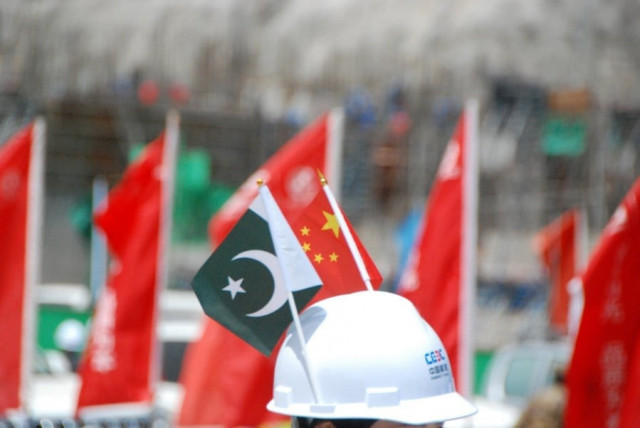Pakistan, China to ink separate ML-1 deals
Phase-1 agreement likely to be finalised in Nov

Pakistan has decided to enter into separate agreements with China for Phase-I and Phase-II of the Mainline One (ML-1) project, a key part of the China-Pakistan Economic Corridor (CPEC) related to upgrading the railway network in Pakistan.
According to sources, Pakistan and China have decided not to sign the entire $6.8 billion ML-1 agreement at once. Instead, separate agreements will be made for Phase-I and Phase-II of the railway project.
The sources said a new agreement for Phase-I, valued at $3.2 billion, is expected to be finalized next month. For Phase-II, a feasibility study will be conducted after the completion of the first phase before an agreement is signed.
In Phase-I of the ML-1 project, the railway line from Karachi to Hyderabad and Hyderabad to Multan will be upgraded, while in the second phase, the line from Multan to Peshawar will be built.
Financing terms and conditions for the agreement will be finalized with Chinese officials this month, and a feasibility study for Phase-II will be conducted after the completion of Phase-II.
The sources said long-term financing will be secured from China for Phase-I of the ML-1 project. Pakistan is also seeking loans from China at a lower interest rate for the project.
Previously, Pakistan held discussions with China for financing the entire $6.8 billion ML-1 project, but the two parties could not reach an agreement for a lump-sum deal.
ML-1 is a major railway infrastructure project in Pakistan that is part of CPEC. It involves the upgrading and modernization of Pakistan's existing railway line from Karachi to Peshawar, covering a distance of approximately 1,872 kilometers.
The project is aimed at improving Pakistan's rail network, enhancing its speed, capacity, and safety. Once completed, it is expected to play a crucial role in Pakistan's economy by reducing travel time, facilitating faster cargo transport, and promoting regional connectivity.


















COMMENTS
Comments are moderated and generally will be posted if they are on-topic and not abusive.
For more information, please see our Comments FAQ